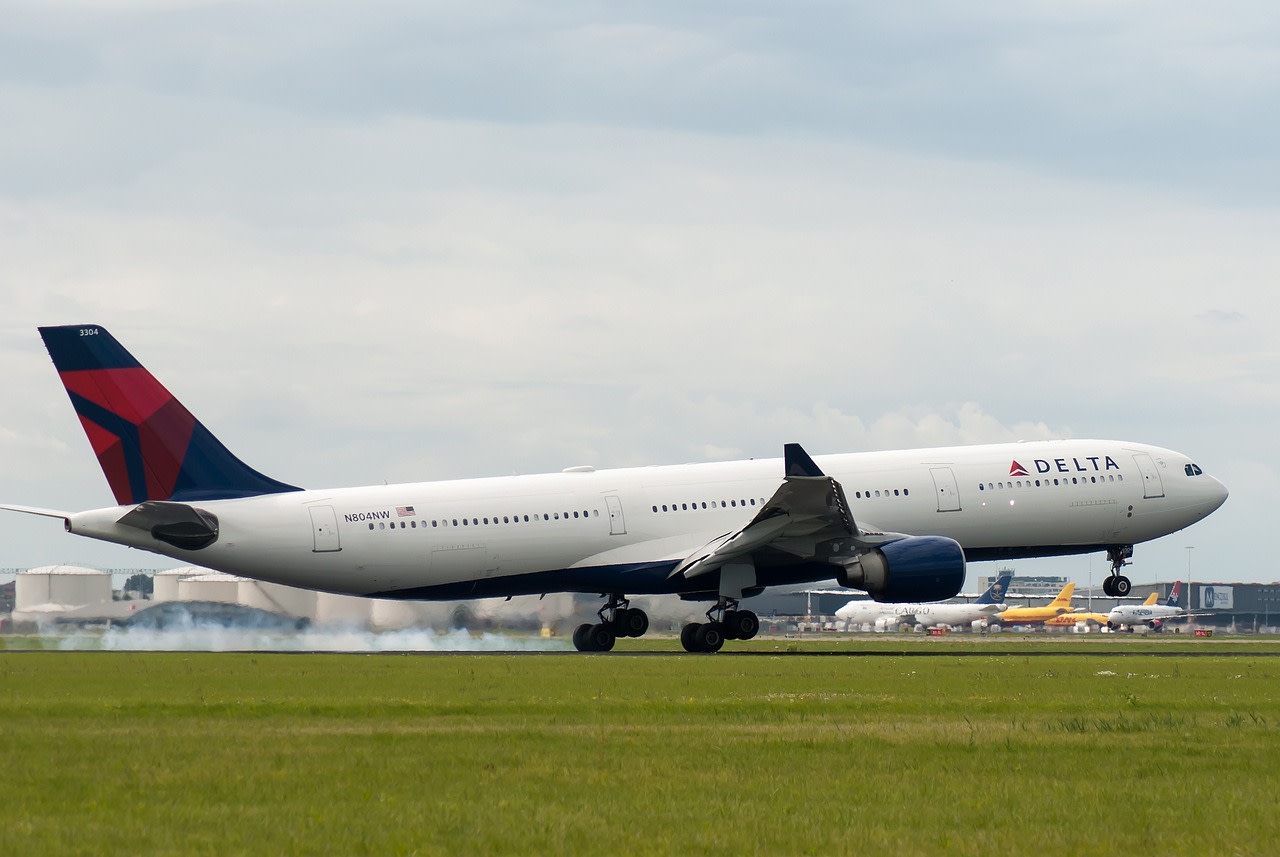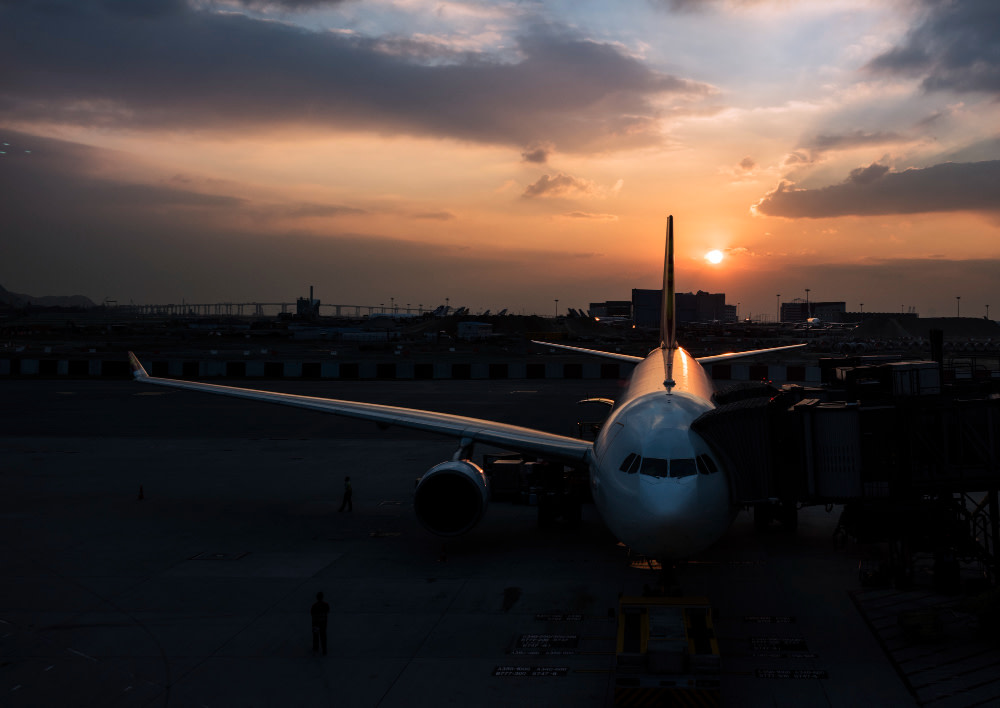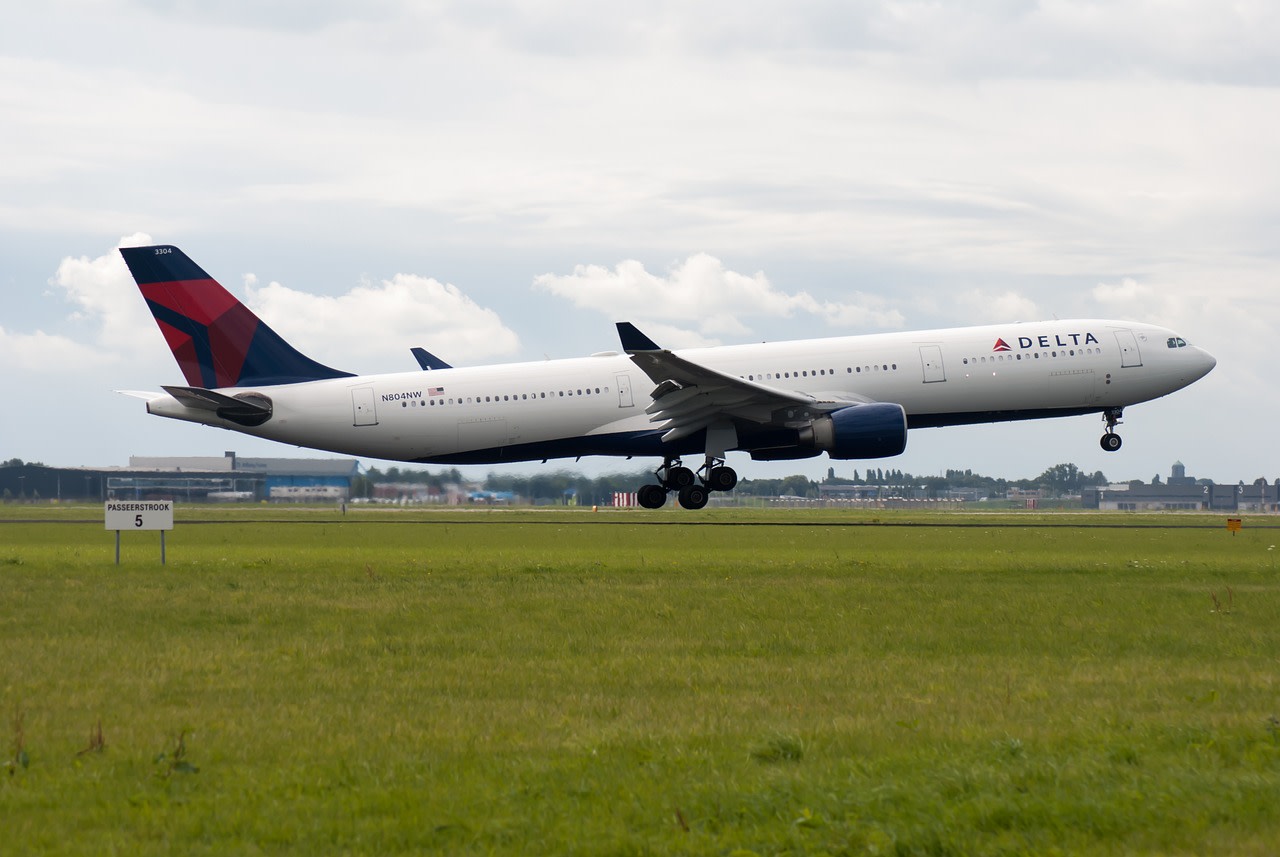How Airlines Change In The Name Of Sustainability
Delta Air Lines Inc

One of the largest problems with change is we can’t guarantee whether it will create a positive outcome. A sense of risk is inherent, and as such, we often push back to keep things from changing and thus halt any progress from happening.
In the environmental arena, sustainability is stuck in this loop. In theory, we know it's all good, but making change is fraught with opposition or uncertainty. How do we know if making any change to any of our current systems is going to make things better? How do we know that greener and more sustainable alternatives won’t reduce the quality of a product or service?
Those answers are difficult to give; however, companies and countries are doing something about it. As the planet continues to get worse, keeping the status quo is not something most people want to hear.
Delta’s Efforts
This is surely the case with Delta Airlines, which has been gradually transitioning to greener alternatives for a while now. Delta is a credible example, as they’ve shown what sustainability can look like, and are being relatively transparent in publishing the gains they’re starting to make, notably in resource use reduction and more equitable hiring policies. Furthermore, they are making larger changes than what we’ve seen with other airlines who push for carbon offset programmes, all within their stated target to reach net zero by 2050.
If other airlines follow suit, we may start to see some worthwhile progress. So, in brief, here are the key areas of change:
Featured Article: Top 5 Social Sustainability Examples You Need To Know
Big Companies Working Across Industries
Companies working together is not a foreign concept, but ambitious goals require new innovations to many ways of thinking. For example, many large businesses buy out other companies when they need something they cannot produce themselves. This has been traditionally counter-productive, as now many industries are oligopolies and innovation has stagnated with fewer players in a given sector.
What’s better moving forward is businesses working across multiple industries to collaborate with other companies. To work alongside them and arrange deals rather than buying out the company.
In the case of Delta - and other airlines - we are seeing them working with sustainable airline fuel depots rather than buying the company and making their own branded airline fuel.
Significant Waste Reduction
However, we don’t always understand the impact of such open collaboration in the grand scheme of things. All through 2022, Delta changed its product offerings and switched to recycled bedding, reusable and biodegradable serviceware, and canned wine. Those small changes resulted in a drop of 4.9 million pounds of single-use plastic consumption.
To put that in perspective, that’s about the weight of 1,500 standard-sized cars. Because of those new purchases, this fuelled the growth of other businesses that are supplying those products, while avoiding more plastic in landfills.
More Purpose
One of the other larger problems with many corporations is that their goals are very narrow. We know generally that businesses are meant to maximise profits, but how they’ve traditionally gone about it usually results in mass layoffs and cost-cutting.
Worse, it also disenfranchises employees. No one in history has said they’re glad to go to work so that their multi-millionaire CEO gets their quarterly bonus.
Community Involvement
Companies need to have better goals that appeal to the people at the bottom of the company structure. One such way is by making these changes in sustainability and figuring out how to actually become a better company, both internally with the workforce and with external relations.
In the case of Delta, community involvement has started to become a much bigger deal. And since these community projects are sustainability-focussed, they help further the company’s goals. In 2022, they partnered with a group called Green Up, which has run several successful community projects thus far:
Partnered with Trees Atlanta, Tree People in Los Angeles, Speak for the Trees in Boston and Forterra in Seattle, and planted 650 trees in low-income communities and neighbourhoods of colour across nine cities.
Partnered with the Captain Planet Foundation to make outdoor learning gardens in Atlanta, New York, and Seattle.
Organised employee volunteer opportunities which have resulted in multiple beach clean-ups, a city-wide canal clean-up, and the removal of 4,000 pounds of non-native ice plant on dunes off the end of runways.
Sustainability Can Make A Difference
Yes, such figures are relatively small. However, it’s the willingness to reach into communities that could result in Delta eventually planting entire forests or clearing up a whole stretch of coastline.
Even with resistance to change in place, we’re seeing new and innovative changes happening. There is a quiet defiance to what is already firmly established, and before long, our relationship to ‘companies’ or ‘brands’ defined only by our purchasing history with them may soon evolve into something more nuanced.
Service Providers, Not Just Airlines
When it comes to sustainability, the problem is often that it takes many years to see tangible changes. As such, seeing the beginnings of new and positive developments earlier can be a way to encourage more of the same. Perhaps these changes that were made years ago can help shift the conversation more and more now and into the future.
And along with visible technological developments that curb emissions and burden on the environment, airlines such as Delta, as well as ancillary transport providers such as car rental giants, may shift towards being ‘shared mobility providers’ that connect communities in more fundamental ways than at present.
Keep track of transport sector ESG performance, as well as other sectors, via our Company ESG Profiles.




